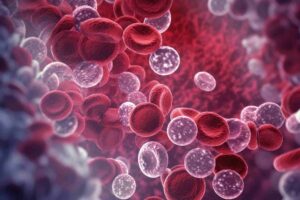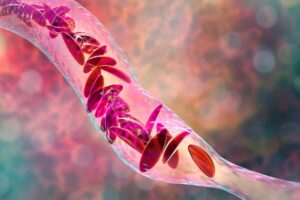Scientific research
Scientific research
The findings suggest that microbes can occasionally enter the bloodstream from other body sites without causing disease, but they do not support the idea of a common blood microbiota.
Gastroenterology, Geriatrics
The findings suggest that longevity is associated with a specific microbiota signature that may have positive effects on older adults’ health by counteracting senescence or chronic diseases that generally accompany…
Video, Scientific research
An open discussion about definition, clinical trial design and fields of application of postbiotics with Maria Rescigno, Professor at Humanitas University of Milan.
Gastroenterology, Immunology
An altered metasystem linking the gut microbiota and systemic immune response could lead to impaired host defense and increased vulnerability to hospital-acquired infections in cases of severe illness.
Scientific research, Video
Francesco Peri, full professor at University of Milano-Bicocca, discussed the role of gut microbiome as new frontier for personalized medicine.
Scientific research, Video
During MicrobiotaMI congress we discussed with Jun Huh, Associate Professor at Harvard University, about the research on microbiome.
Oncology, Scientific research
Microbiomepost discussed with Lorella Tripodi, University Federico II of Naples, about the research she is working with her colleagues.
Download the review that summarize the scientific and clinical work conducted on the probiotic formulation Probi® Osteo.
Gastroenterology, Nutrition
Specific gut bacteria and/or metabolites could be responsible for the differential responses to weight management.
Gastroenterology, Scientific research
The findings of a recent study suggest that the availability of iron can reshape the composition of the gut microbiota in irreversible ways.












